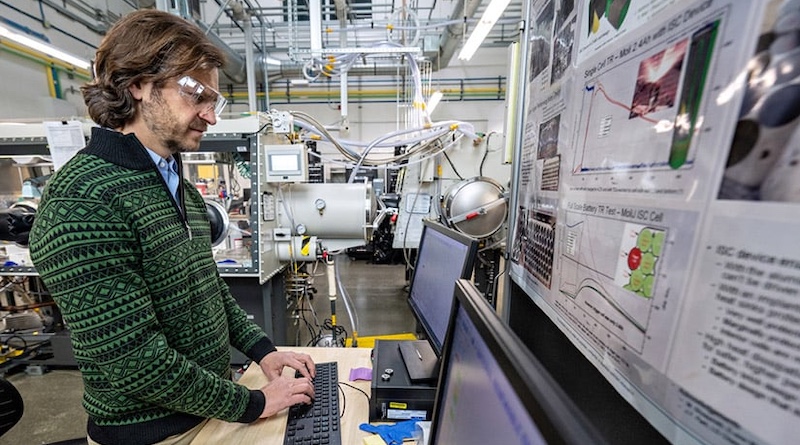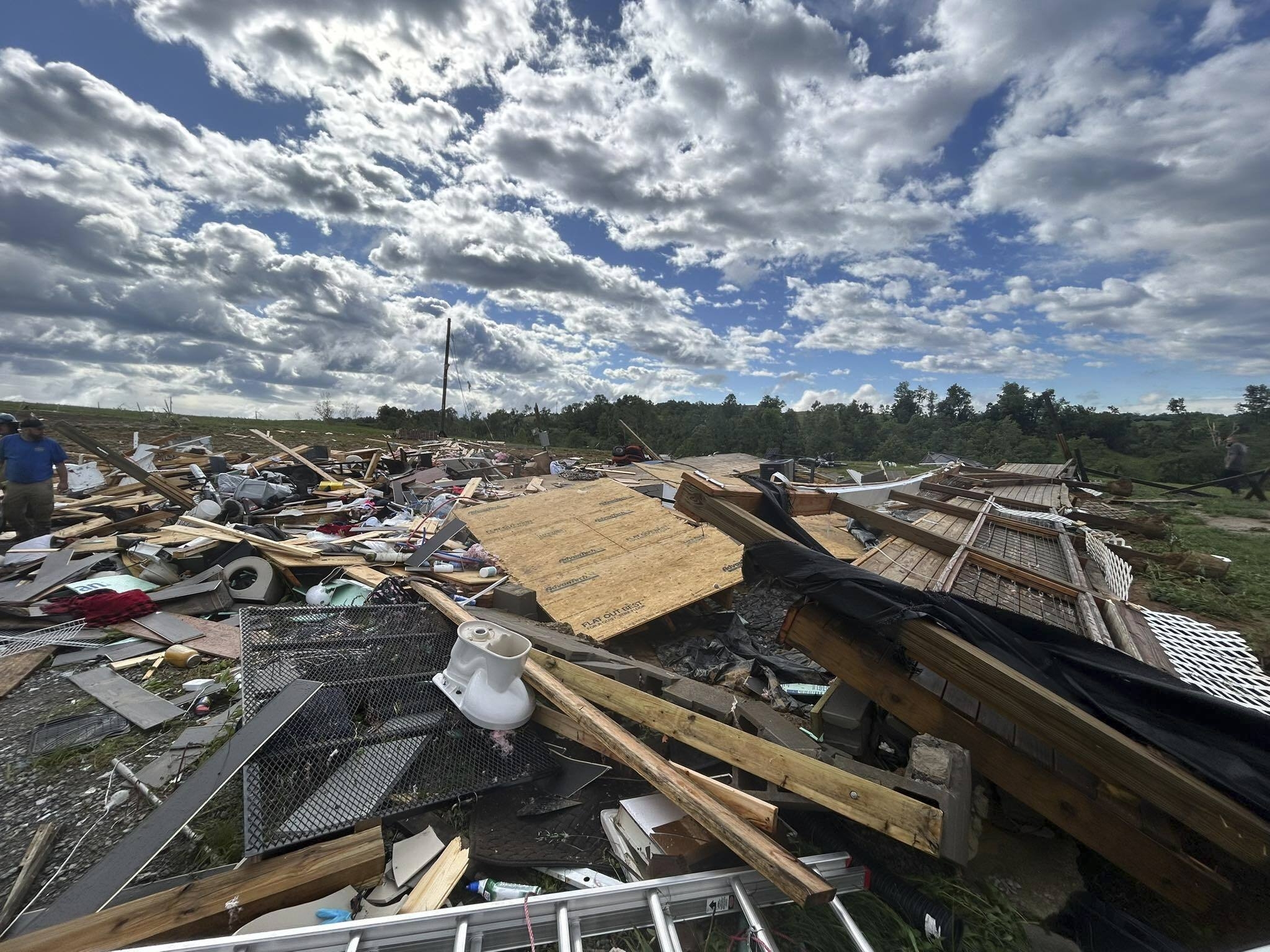
In a significant advancement for energy storage technology, scientists at the National Renewable Energy Laboratory (NREL) have engineered new neural network models designed to analyze and predict the health of lithium-ion (Li-ion) batteries with remarkable accuracy. This breakthrough promises to enhance the reliability and resilience of energy systems that heavily depend on these batteries.
As the global transition toward electrification and renewable energy accelerates, Li-ion batteries have become essential for powering applications ranging from electric vehicles to grid-scale energy storage systems. However, battery performance naturally degrades over time due to repeated charging and discharging, environmental stress, and operational strain. Accurate diagnosis of battery health remains a critical challenge for researchers and industry practitioners alike.
NREL’s new approach leverages machine learning techniques, particularly neural networks, to capture complex physical phenomena occurring within batteries. These models are trained on extensive datasets that include real-world battery usage and conditions, enabling them to predict various aspects of battery degradation with high precision.
“Our models go beyond traditional diagnostic tools by identifying subtle indicators of wear and failure that typically escape conventional metrics,” said one of the lead researchers at NREL. According to the team, the insights derived can help optimize the design, maintenance, and operation of battery systems, ultimately extending their lifespan and enhancing safety.
Of particular importance is the system’s ability to detect early signs of degradation, which can serve as a predictive tool for maintenance scheduling and risk prevention. This innovation aligns with larger initiatives aimed at increasing the durability and cost-effectiveness of renewable energy technologies.
The development underscores the role of artificial intelligence in advancing clean energy solutions. By applying sophisticated algorithms to complex physical systems, researchers at NREL are opening new frontiers in battery diagnostics.
This research could have far-reaching implications not only for consumer electronics and electric vehicles but also for utility-scale storage, where battery reliability is essential for managing fluctuations in renewable energy supply.
NREL continues to collaborate with industry partners and research institutions to integrate these diagnostic tools into practical applications and improve battery technologies worldwide. As demand for energy storage continues to rise, innovations like this will play a crucial role in ensuring the sustainability and resilience of our energy infrastructure.
Source: https:// – Courtesy of the original publisher.








